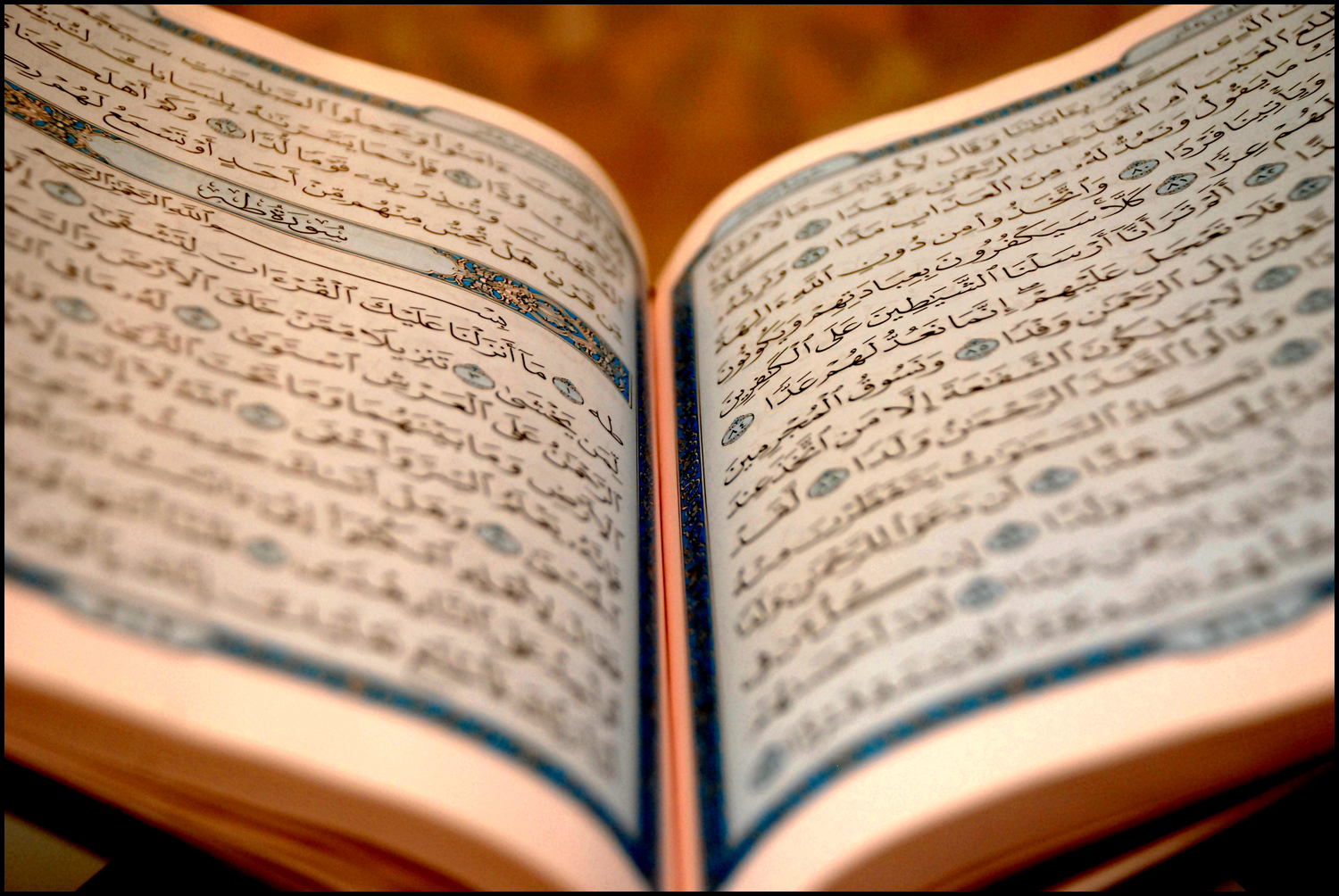Introduction
It is alleged that the Holy Quran and the Islamic tradition is oppressive to women. Verses of the Holy Quran are showcased by detractors as promoting the inferiority of women, misogyny and abuse against women.
On the contrary, the Holy Quran and the Islamic tradition have probably the greatest historical legacy of the emancipation and empowerment of women. The Holy Quran unequivocally announces the equality of men and women in several verses such as 16:98– Whoso acts righteously, whether male or female and is a believer, We will surely grant him a pure life; and We will surely bestow on such their reward according to the best of their works.
The Holy Prophet Muhammad (on whom be peace) had a direct hand in this legacy. One of the first acts of the Prophet Muhammad (on whom be peace) to shift attitudes towards women was halting the practice of female infanticide. He announced that daughters were a blessing upon the household they were born into: A person who is blessed with a daughter or daughters and makes no discrimination between them and his sons and brings them up with kindness and affection, will be as close to me in Paradise as my forefinger and middle finger are to each other.” (Muslim II, Section Beneficence).
As is sometimes alleged, Muhammad (on whom be peace) was clearly not a misogynist, rather a great benefactor in the emancipation and empowerment of women. He spent his career as a trader working for a woman named Khadijah who later became his wife. Throughout his ministry he regularly consulted her in matters and decisions as the leader of the Muslim community. Islam accorded women the right to accept or refuse a proposal for marriage, and the right to inheritance and ownership of property. While acknowledging that men and women have been endowed with different roles and functions in society, the Quran exhorts on equality between men and women in the eyes of God in that both will be rewarded solely on the basis of their deeds (see section below ‘Fundamental Teachings of Islam About Women’).
The women of the family of prophet Muhammad (on whom be peace) became revered figures and great examples among Muslims which aided in shifting attitudes about women. His first wife Khadijah (ra) was a business leader and his trusted advisor. His daughter Fatimah (ra), known for her piety, was a great example to the Muslim community. And his wife Ayesha (ra) came to be known as a religious and community leader.

